Review: Six can't-miss documentaries explore a camp classic, sexual abuse, Roy Cohn and more
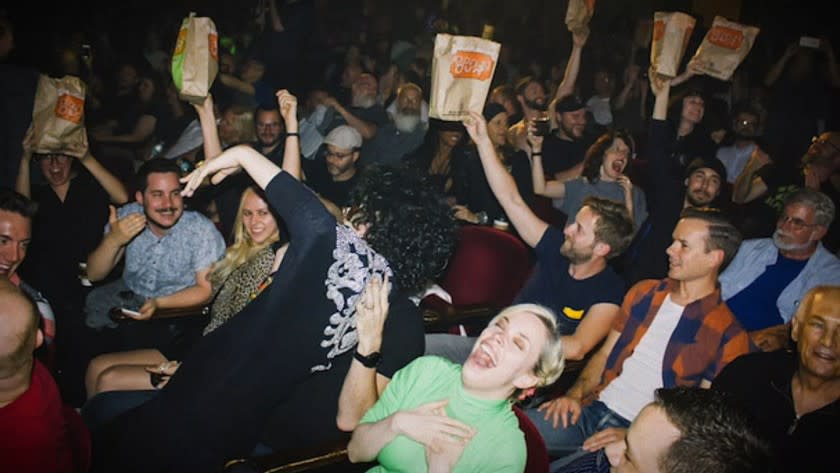
'You Don't Nomi'
If you’re one of those movie buffs who’ve never understood why some folks absolutely adore the kitschy 1995 erotic melodrama “Showgirls,” you must see “You Don’t Nomi.” Director Jeffrey McHale’s documentary rescues everything legitimately great about Paul Verhoeven’s sexually explicit camp classic while replacing the more tedious, trashy parts of the film with spirited and reasoned debate.
McHale doesn’t just let “Showgirls” fans gush for 90 minutes. The doc includes pushback from critics who still find the movie moronic and exploitative and who still think Verhoeven and screenwriter Joe Eszterhas were a little too keen on emphasizing the degradation and abuse in their story of a Las Vegas stripper who’ll do anything to become a superstar.
But the copious clips from other Verhoeven movies help explain where “Showgirls” came from; and the scholars and cabaret performers who’ve claimed it to be a misunderstood masterpiece make a strong case for what it has to say about American materialism and taboo sexuality.
Whether you like “Showgirls” or hate it — or even if you’ve never seen it — this doc offers a lot to think about. It’s a keen essay about the deeper meanings of cinema, in the form of a fun, “Hey, remember the ’90s?” nostalgia-piece.
-------------
'My Darling Vivian'
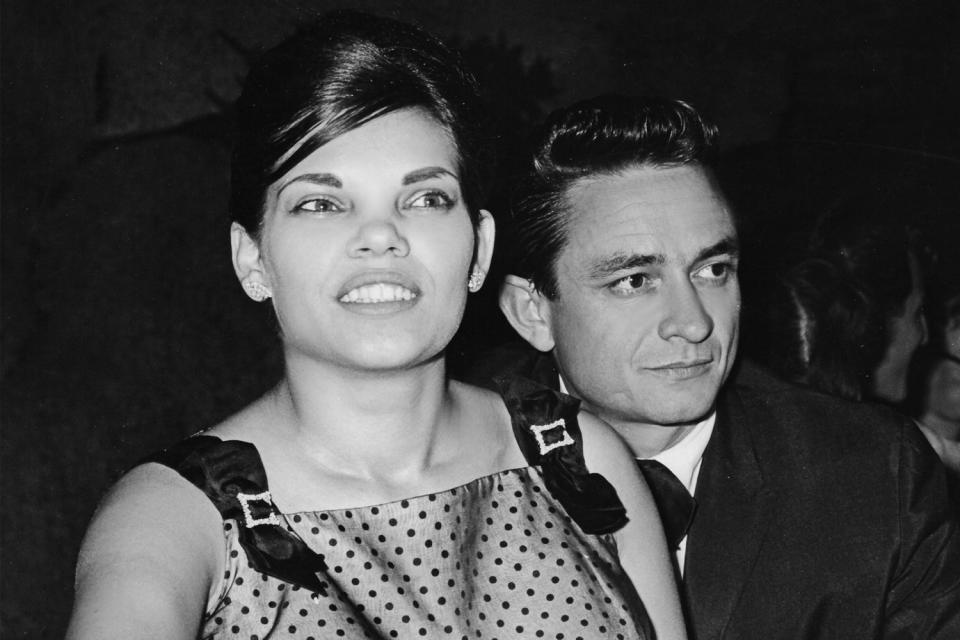
The legend of Johnny Cash — as told in the movie “Walk the Line” and spoofed in the comedy “Walk Hard: The Dewey Cox Story” — had him escaping a constricting first marriage and recovering from debilitating substance abuse with the help of his saintly second wife, June Carter. This documentary tells a different story, putting Cash’s first wife into the center of the picture, rather than pushing her outside the frame.
Director Matt Riddlehoover draws from old letters, photos, tapes and home movies — and, most important, interviews with Johnny and Vivian’s four daughters — to explain the important role this forgotten woman played in helping a country music hero find his voice.
Roseanne Cash is the most prominent of the four kids, as the first-born and a star herself. But the whole point of this illuminating and often moving film is that all of these people have a tale to tell — and one that’s not as simple as Hollywood would have it.
“My Darling Vivian” doesn’t indulge in much Cash-bashing. The Man in Black’s addictions and absences are duly criticized, but his daughters also remember the good times. Mainly, they stand up for their mom, who never asked to be a superstar’s wife, but who did her best to clean up after the many whirlwinds Johnny generated.
-------------
'Athlete A'
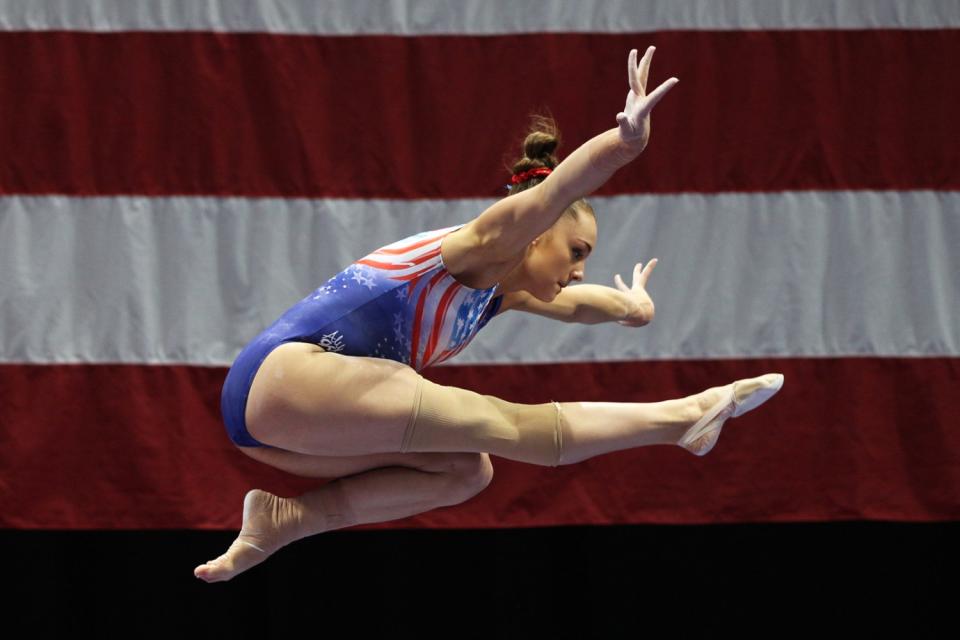
The story of USA Gymnastics’ sexual abuse scandal has been told in depth in print and in podcasts. But there’s something especially powerful about seeing the faces of the victims and the perpetrators — the latter of which include the American Olympics officials who looked the other way — as they work toward a showdown in court.
In “Athlete A,” directors Bonni Cohen and Jon Shenk tell the story of the gymnasts who risked their path to the Olympics when they testified about being molested by the team physician, Larry Nassar. The filmmakers also follow the Indianapolis Star journalists who investigated those claims, while butting up repeatedly against an institution that chose to protect its brand.
Like a lot of recent documentaries about the overdue reckoning for sexual predators in positions of power, “Athlete A” is a reminder that the rot is sometimes within the system itself, not just within the criminals it benefits.
-------------
'The Ghost of Peter Sellers'
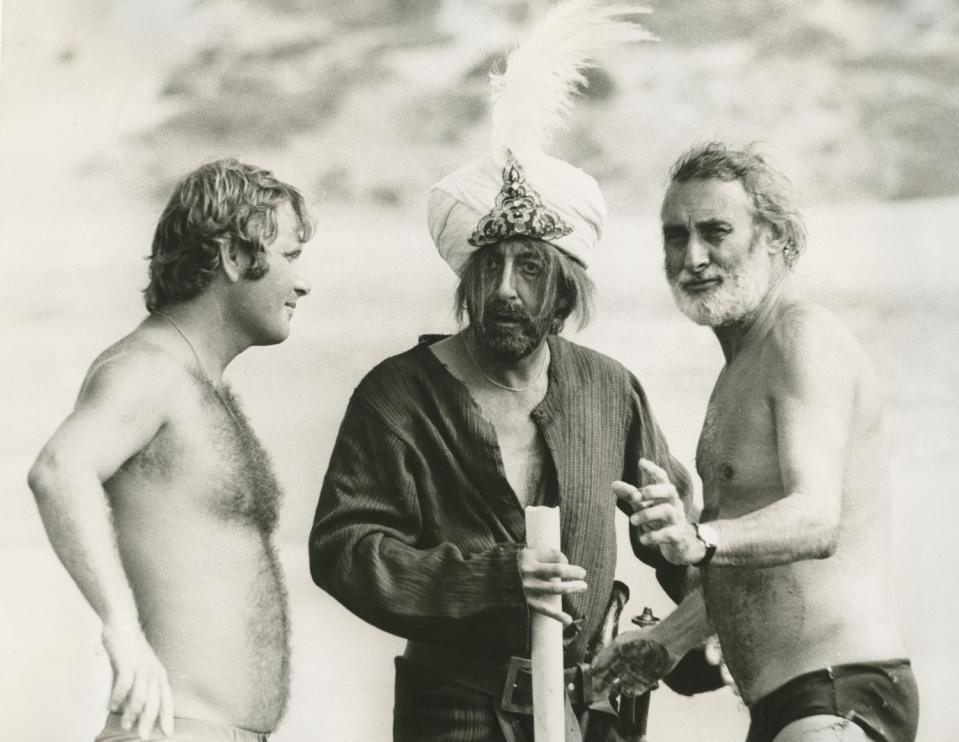
The late Peter Sellers was a comic genius, redefining what was funny onstage and on-screen. He was also an absolute pain to work with: demanding, capricious and emotionally unstable. Director Peter Medak’s documentary looks back at the harrowing experience Medak had trying to make the disastrous 1974 pirate comedy “Ghost in the Noonday Sun” with Sellers as the star.
The original movie was barely released and has been largely forgotten — and justly so, based on the extensive footage included in the doc. But the story of that one miserable shoot is still a useful way to consider both the brilliance of Sellers and the damage he wrought, as well as demonstrating the ludicrous leeway granted to celebrities and the ways that obvious warning signs of possible mental illness often went unheeded.
-------------
'Bully. Coward. Victim. The Story of Roy Cohn'
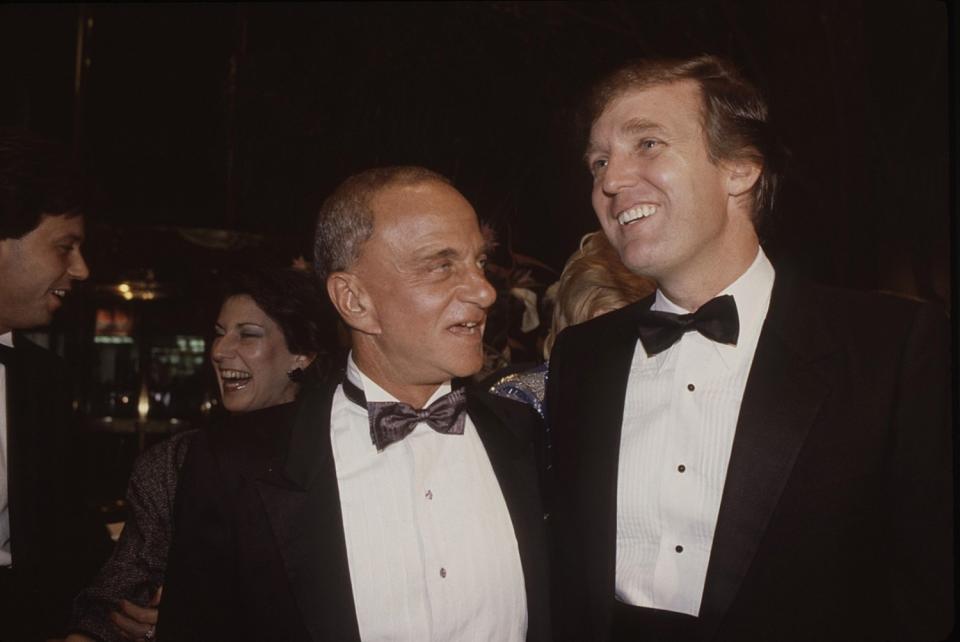
The late attorney and political puppet-master Roy Cohn is probably best known in 2020 for two things: for being a character in Tony Kushner’s classic, Pulitzer-winning play “Angels in America,” and for being a mentor to Donald Trump during the president’s rise to fame and fortune in the 1970s. Director Ivy Meeropol’s documentary puts both of those data points — plus Cohn’s long association with Joseph McCarthy, a Republican senator from Wisconsin — into the context of a life spent pushing people around with minimal consequences.
Meeropol — a granddaughter of Ethel and Julius Rosenberg, who were executed for espionage largely because of Cohn’s efforts — exposes her subject’s lifelong hypocrisy throughout her engaging and infuriating film. She describes his policy of never paying his bills and digs into his not-so-secret life as part or New York’s gay subculture. What emerges is a chilling portrait of what happens when people in power just ignore sociopolitical norms and behave as though the rules don’t apply to them.
-------------
'Dads'
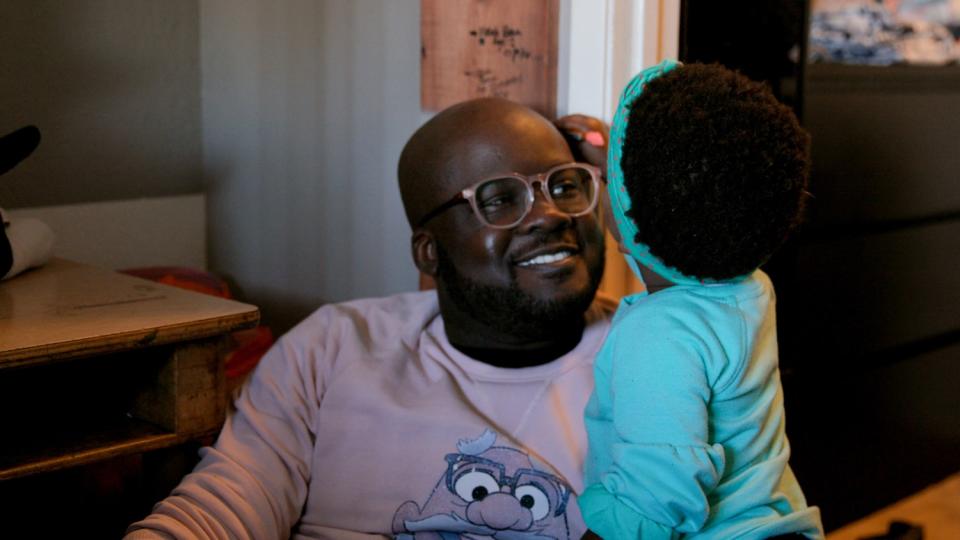
Because Bryce Dallas Howard is an accomplished actress with a famous father, she had the connections to line up an all-star team of interview subjects for her heartwarming documentary about fatherhood. One by one, the likes of Will Smith, Patton Oswalt, Hasan Minhaj and Neil Patrick Harris stand in front of a colorful blank background and talk about the memories and emotions that parenting evokes.
Those are warm, humanizing interviews. But the better parts of this film are the reports from the field, showing fathers on the job: playing games and giving baths and changing diapers. Nothing here is especially revealing or deep; but the doc is pleasantly positive, and it does have something to say about how the expectations for dads today are higher than ever.
-------------

